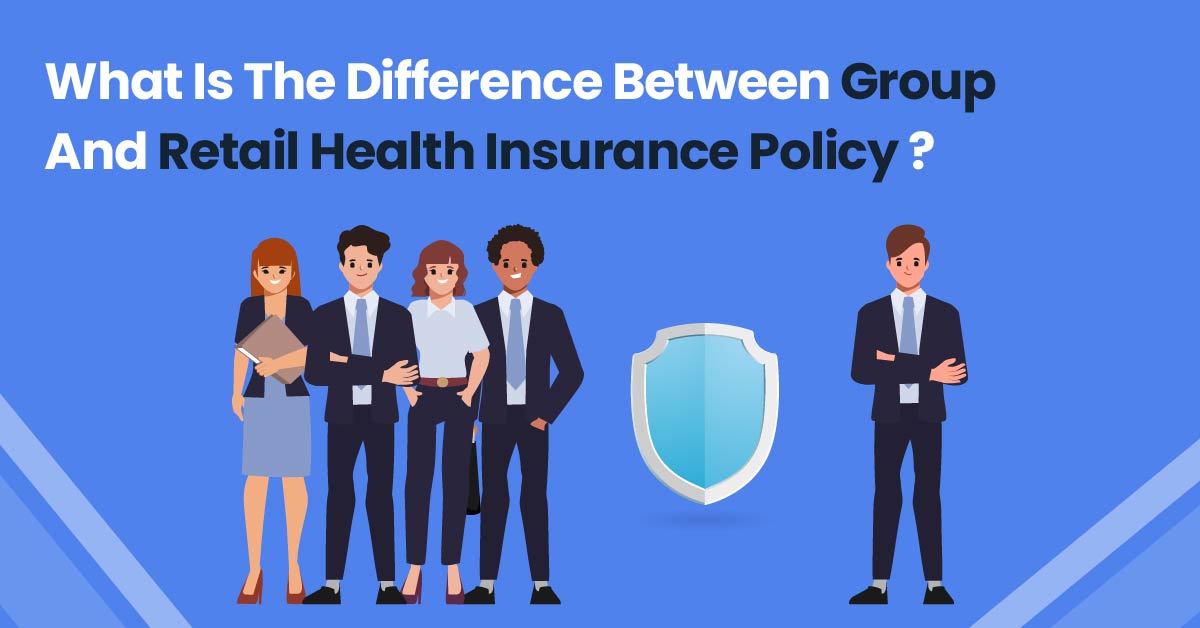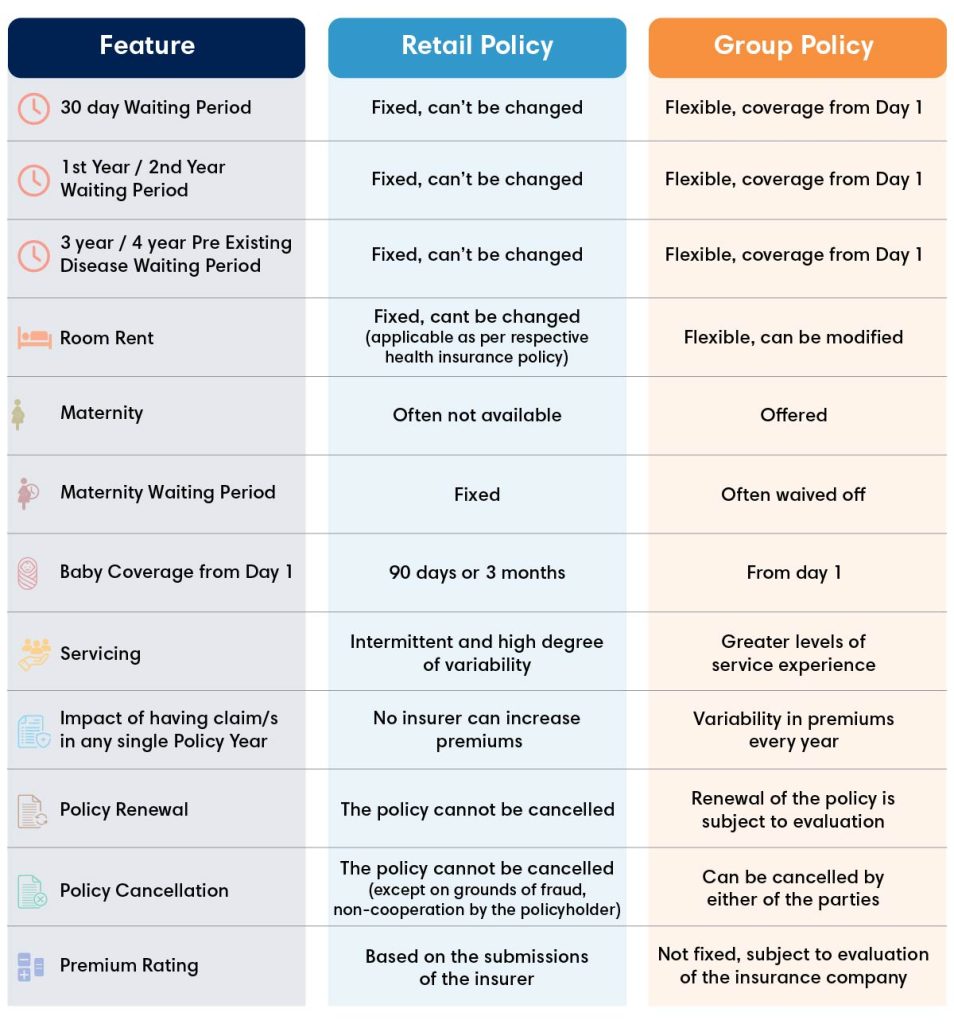
It is true that the Covid-19 pandemic has led to a significant increase in the purchase of health insurance policies, as people have become more concerned about the potential costs of medical treatment. Many insurance companies have reported an increase in the number of people buying health insurance, particularly in the age group between 18 and 40.
There has been a shift in the purchase of health insurance policies. Companies, at the time of reopening offices, considered the safety of their employees. Due to the fear of not receiving good medical services and the stress of financial burden, people are concerned about their health and approaching more insurance companies.
What is Group Health Insurance or Group Medical Coverage?
Group health insurance is a type of health insurance policyAn insurance policy is a legally binding contract between an insurance company (insurer) and an individual or business (policyholder). It More that provides coverage for a group of people who are members of an organisation, such as employees of a company, members of a union, or members of an association. The group is usually sponsored by an employer, and the employer may pay a portion of the premium cost, while the employees or members pay the remaining amount.
Group health insurance policies are often less expensive than individual health insurance policies because the risk is spread out over a larger group of people. Additionally, group health insurance policies may offer more favourable terms and benefits than individual policies, such as lower deductibles and out-of-pocket costs. Organisations get tailored-made plans which helps them craft policyAn insurance policy is a legally binding contract between an insurance company (insurer) and an individual or business (policyholder). It More as per their employees needs and requirements.
Employers often offer group health insurance as part of their employee benefits package, as it is an attractive way to attract and retain employees. Group health insurance policies can provide financial security for employees and their families by protecting them from unexpected medical expenses. This, in turn, can help improve employee morale and job satisfaction, as employees feel more secure knowing that their medical expenses are covered.
When selecting a group health insurance policyAn insurance policy is a legally binding contract between an insurance company (insurer) and an individual or business (policyholder). It More, employers should consider factors such as the level of coverage provided, the cost of the policyAn insurance policy is a legally binding contract between an insurance company (insurer) and an individual or business (policyholder). It More, and the network of healthcare providers included in the policyAn insurance policy is a legally binding contract between an insurance company (insurer) and an individual or business (policyholder). It More. Employers should also consider the needs of their employees, such as the age and health status of the group, and whether they require specific benefits, such as maternity care or mental health services.
What is Retail Health Insurance?
Retail health insurance, also known as individual health insurance, is a type of health insurance policyAn insurance policy is a legally binding contract between an insurance company (insurer) and an individual or business (policyholder). It More that provides coverage for an individual or a family. Unlike group health insurance, retail health insurance is not sponsored by an employer or a common organization, and individuals purchase the policyAn insurance policy is a legally binding contract between an insurance company (insurer) and an individual or business (policyholder). It More directly from an insurance company or through a broker.
Retail health insurance policies are designed to provide comprehensive coverage for medical expenses, including doctor visits, hospitalization, prescription drugs, and other medical services. These policies are often customizable, allowing individuals to select the level of coverage they need based on their health and financial circumstances.
Retail health insurance policies are usually more expensive than group health insurance policies, as the risk is concentrated on an individual or family. However, retail health insurance policies can provide greater flexibility and more customizable coverage options than group health insurance policies.
When selecting a retail health insurance policyAn insurance policy is a legally binding contract between an insurance company (insurer) and an individual or business (policyholder). It More, individuals should consider factors such as the level of coverage provided, the cost of the policyAn insurance policy is a legally binding contract between an insurance company (insurer) and an individual or business (policyholder). It More, and the network of healthcare providers included in the policyAn insurance policy is a legally binding contract between an insurance company (insurer) and an individual or business (policyholder). It More. Individuals should also consider their health and financial circumstances, as well as their healthcare needs and preferences.
At PlanCover, we provide comprehensive group health insurance to your employees. We also sell retail policyAn insurance policy is a legally binding contract between an insurance company (insurer) and an individual or business (policyholder). It More, as per your requirement.
To understand GMC and Retail health insurance in a better way, check the table given below.

